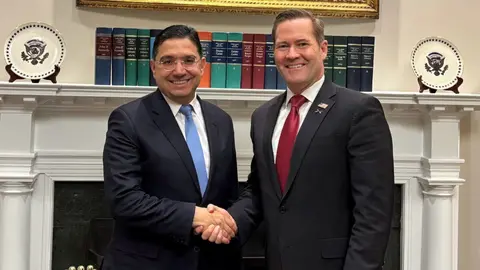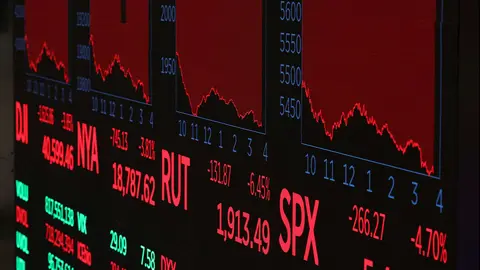Morocco dodges Trump's tariffs
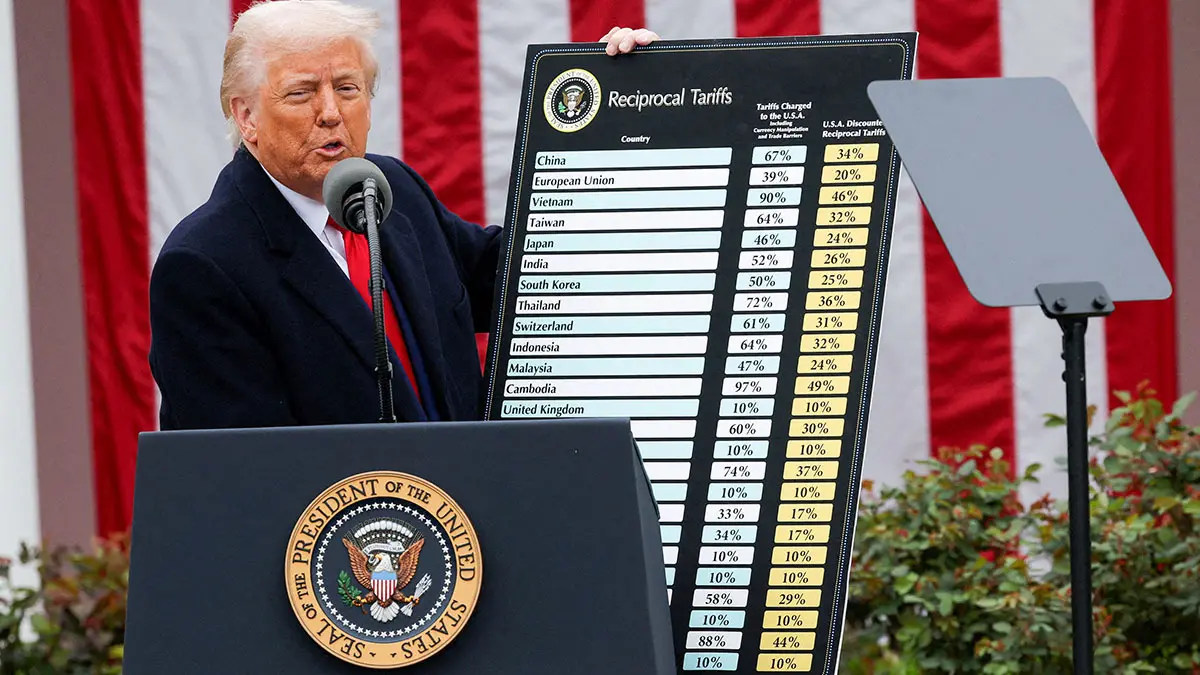
While North African countries such as Algeria and Tunisia face tariffs of 30% and 28% respectively from the United States, Morocco stands out as a notable exception, with a reduced tariff of 10%. This distinction is neither accidental nor a simple economic preference. According to several analysts, it reflects a deep level of the strategic relationship between Rabat and Washington, forged over decades of close political, economic and military cooperation.
Since the entry into force of the Free Trade Agreement (FTA) between the two countries in 2006 - the only one the United States has signed with an African country - bilateral ties have been consolidated. Although the balance of trade is largely in favour of the US (more than 5.3 billion dollars in exports compared to 1.9 billion in imports from Morocco in 2024), the preferential treatment of the Kingdom is not understood solely from the perspective of deficit or surplus, but as the manifestation of an expanded strategic partnership.
As economic analyst Mohamed Al-Sharqi explains to Al-Arab, these low customs tariffs applied to Morocco are not only the result of economic agreements, ‘but the materialisation of a strategic relationship that has been strengthened in recent years by clear political positions’.
An essential pillar of this alliance is the designation of Morocco as an ‘important non-NATO ally’ in 2004, a category reserved for partners with whom the United States maintains strong military and security ties. This position was further strengthened in 2020, when Washington recognised Moroccan sovereignty over Western Sahara, a decision recently reiterated by the State Department following a meeting between Moroccan Foreign Minister Nasser Bourita and his US counterpart Marco Rubio.
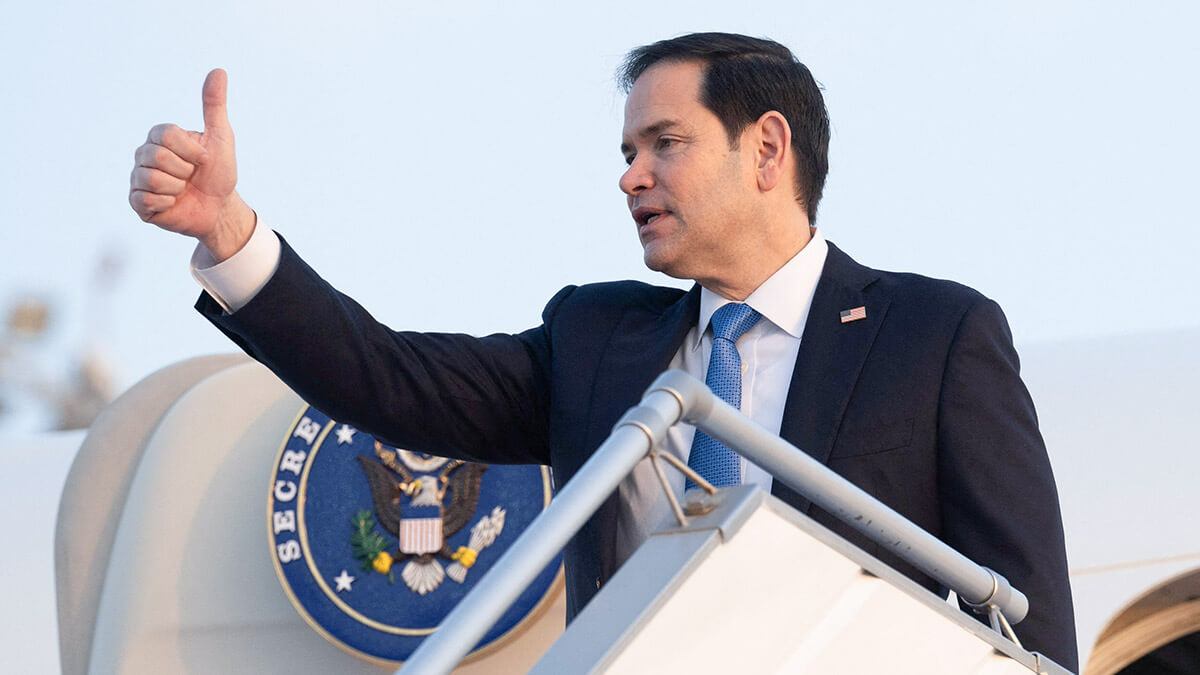
Morocco's geostrategic location gives it additional value for US interests at a time of growing tensions with China and several European economies. In fact, reports from the US Department of Agriculture describe Morocco as a ‘stable and growing market’ and a key distribution centre for Africa, particularly for food products, given the strong domestic demand and the development of local industry.
This view is shared by the Moroccan government. In this sense, spokesman Mustafa Baitas recently stated that ‘Morocco is always willing to strengthen the free trade agreement, so that it fulfils its role as an economic and investment gateway to Africa and the Arab world’.
The security dimension of the bilateral relationship is also noteworthy. Morocco actively participates in the ‘African Lion’ military exercises, led by the US Africa Command (AFRICOM), and maintains fluid cooperation in counter-terrorism, intelligence and initiatives against transnational crime. This mutual trust is indirectly reflected in tariff policy, as the United States tends to protect its priority allies in the military and strategic spheres.
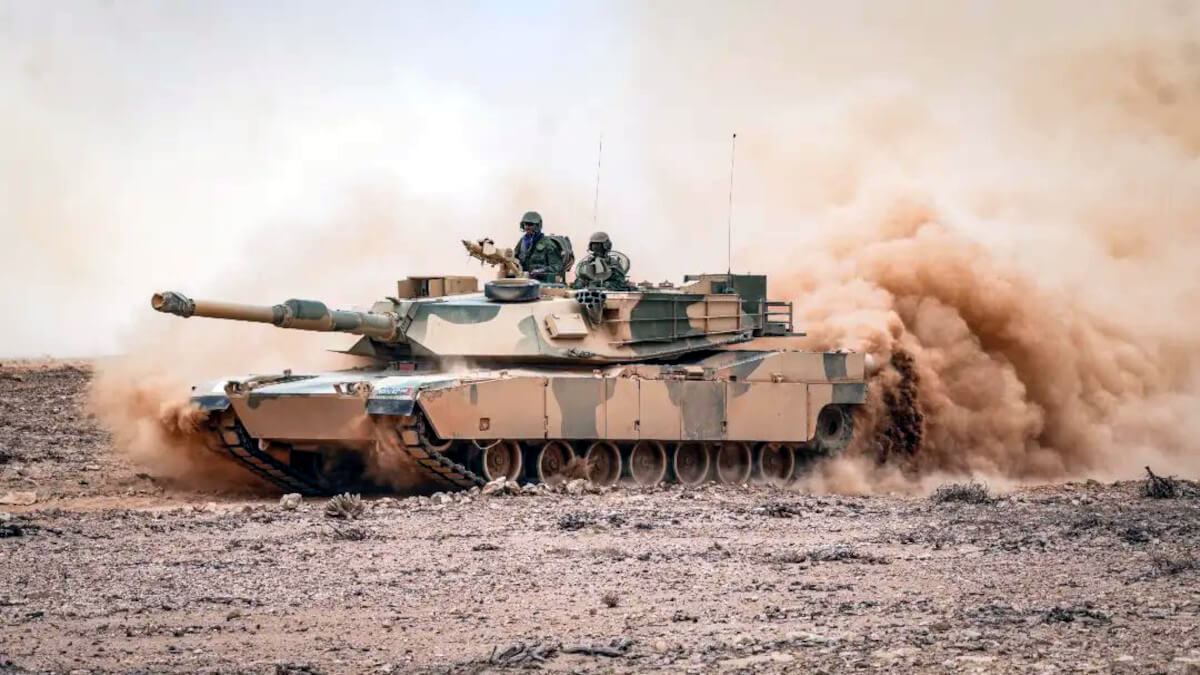
Analysts agree that Morocco can capitalise on this ‘positive discrimination’ as a diplomatic victory that reinforces its image as a reliable partner both in the West and in the Global South. In addition, the tariff advantages offer a concrete opportunity to strengthen Moroccan exports in key sectors such as textiles, phosphates and agro-industry.
On the other hand, Dr Al-Hussein Ghazwi, director of the Department of Cultural Affairs of the Organisation of Islamic Cooperation, emphasises in Al-Arab the role of Morocco as a promoter of effective ‘South-South cooperation’ and an advocate of an approach that favours ‘African solutions to African problems’. In this context, Ghazwi considers that Rabat is positioning itself as a capable and pioneering partner in a continent marked by multiple challenges: terrorism, human trafficking, climate change, institutional weakness, corruption and political violence.
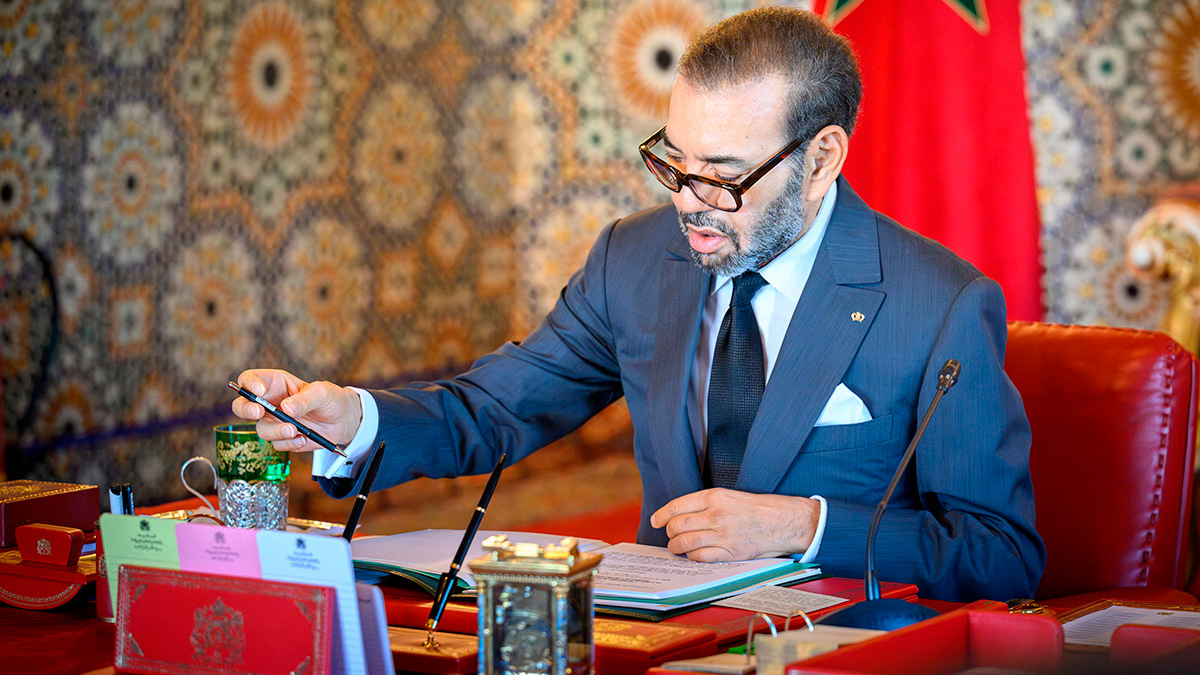
Morocco has promoted a multifaceted African policy based on its public and religious diplomacy, aimed at deepening its ties with the continent and projecting an image of stability and regional leadership. This strategy fits in perfectly with US interests in an increasingly unstable and fragmented Africa.
In an international context in which the United States is seeking to reconfigure its networks of influence in the face of emerging powers, finding strategic allies such as Morocco that offer stability, a privileged location and a shared vision becomes a key priority.

